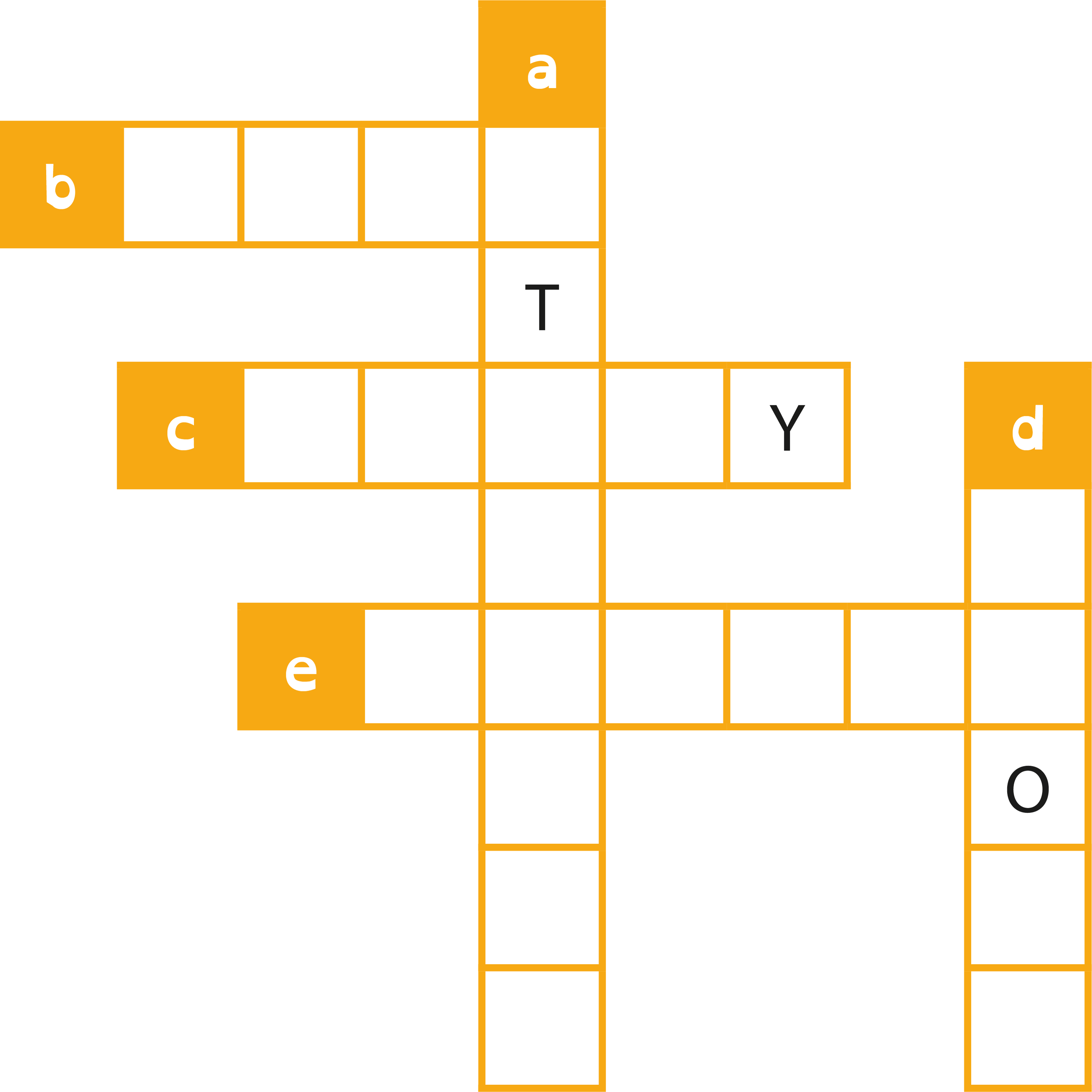
In Anglo-Norman, the variety of the French language that came to England’s shores along with the Norman invaders in 1066, ‘‘thesaurus inventus’’ turned into tresor trové, through a ‘‘calque’’ (or word-for-word translation) of the Latin phrase.

Under Roman law, such treasure was covered by the old ‘‘finders, keepers’’ rule, though the discoverer might have to share the wealth with the proprietor of the land where it was hidden. The inventus part means ‘‘found,’’ so the entire phrase referred to a rediscovered deposit of precious items without any clues to its owner. But thesaurus simply means ‘‘treasure’’ or ‘‘treasury’’ (a term that appeared in titles of Latin-English dictionaries before the Father of the Thesaurus, Peter Mark Roget, used it for his famous reference work). Treasure trove ultimately goes back to a Latin expression, ‘‘thesaurus inventus,’’ which sounds like it ought to be the name of a book of synonyms in an invented language like Esperanto or Klingon. Trove has accrued its modern meaning of ‘‘a valuable collection’’ only because it has hung around treasure for so long. I’ll cop to using a cliché, but treasure trove is hardly redundant.

Since a trove is defined as ‘a store of valuable or delightful things,’ isn’t treasure trove redundant? Has anyone ever spoken of a garbage trove?’’ 12 On Language column, I see that hackneyed phrase treasure trove. Keith Otis Edwards e-mails: ‘‘In the Dec.


 0 kommentar(er)
0 kommentar(er)
